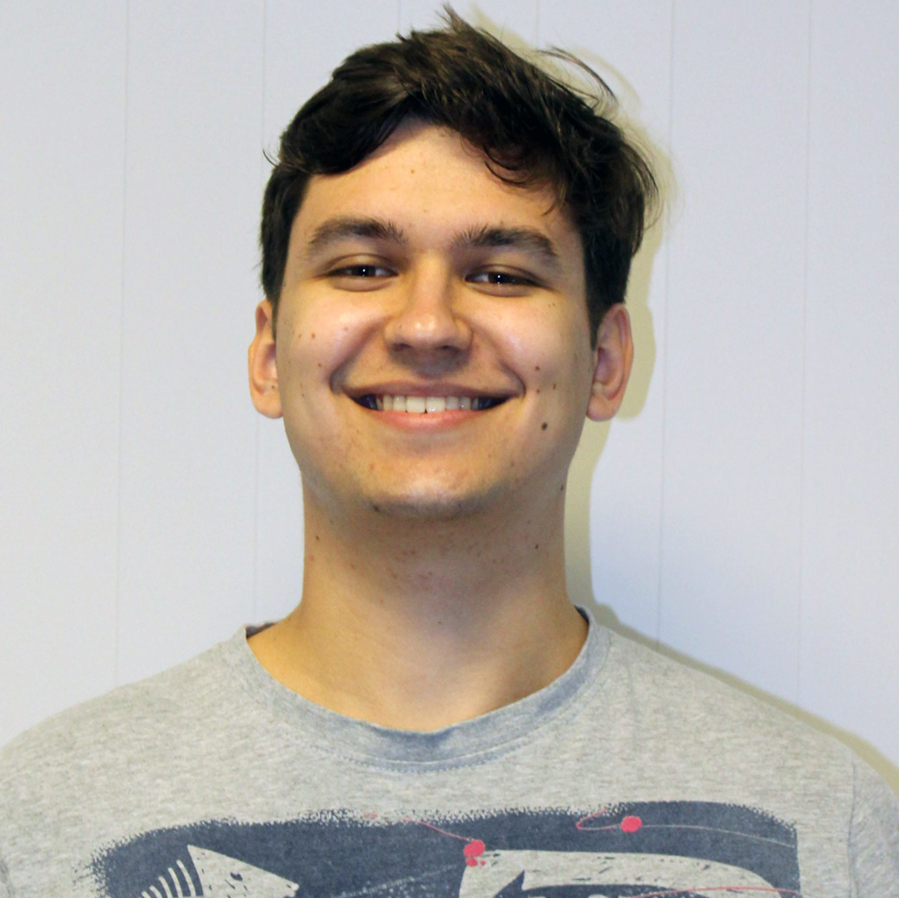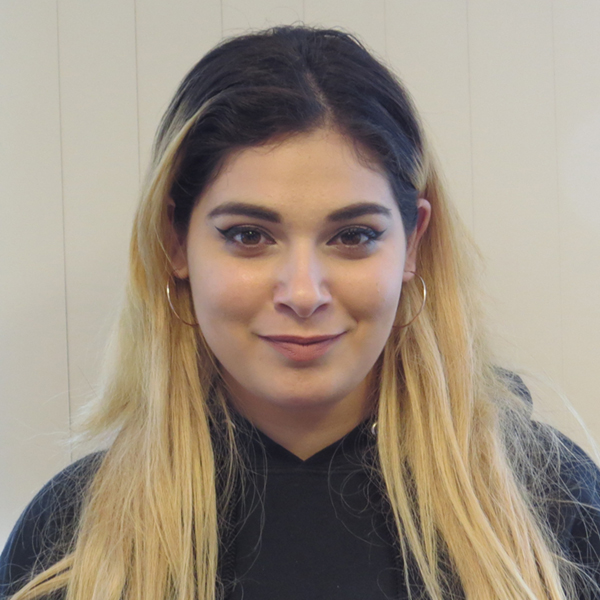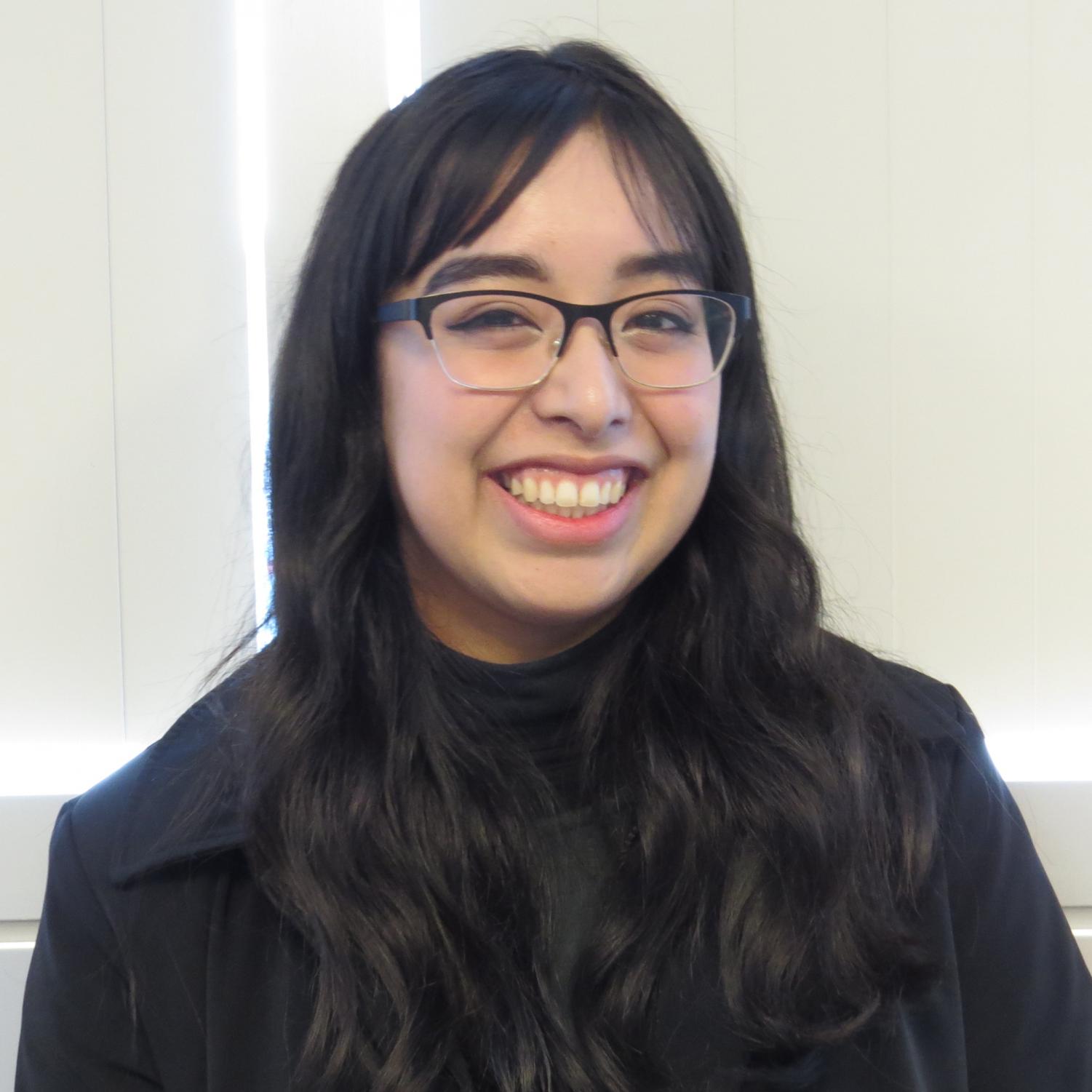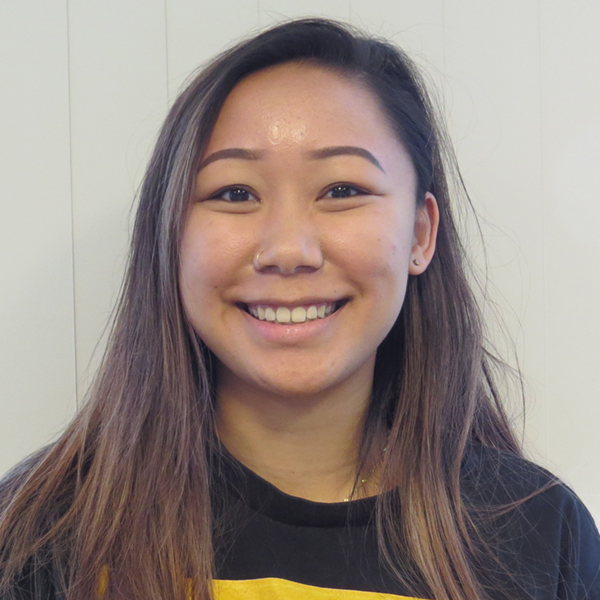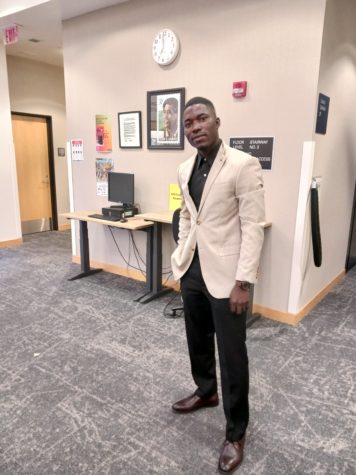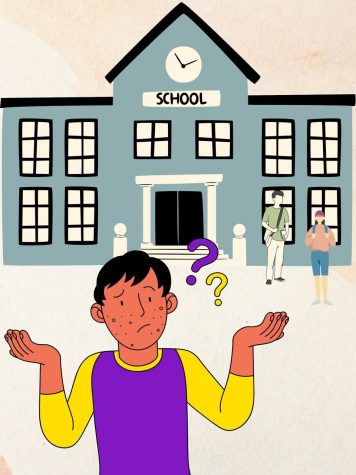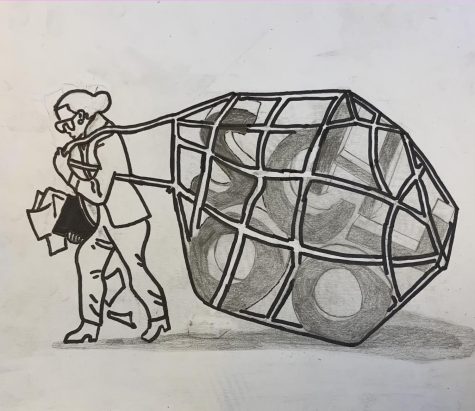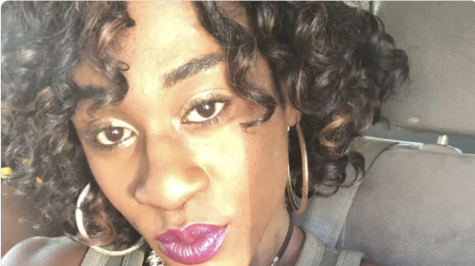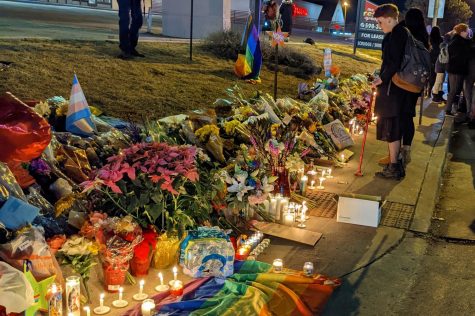Speak Out: Community responses to Covid-19
City College Times staff interviewed members of the public about the challenges they are facing during the lockdown.
May 28, 2020
City College Times staff interviewed members of the public about the challenges they are facing during the lockdown. Here medical staff, a COVID-19 patient and professor tell their stories and talk about their struggles during the pandemic.
I was able to contact my uncle, Dung Dang, who is the head doctor of the Emergency Department at Hospital 115 in Vietnam.
“Most seriously ill patients are aged 50 years and over. These are patients with weakened immune systems and the inability to recover when the virus attacks theỉ lungs.
“Young people can overcome the disease on their own, but if they suffer from underlying illnesses related to the respiratory system, the chances of getting worse are very high.
“Not everyone who is affected by the virus will die, but staying home is essential now. Doctors like us had to be on duty all day and night at the hospital and have not returned home for a month. We are very tired,” Dang said.
I was able to interview Covid-19 patient Heidi Scott, a working mother of four. She is currently in day 10 of her mandatory 14-day quarantine.
“None of us were hospitalized and needed any medical intervention. It is scary and does cause anxiety. When you are told that you tested positive so many emotions go through your brain, including the idea that your life may end. It takes time to recover.
“Having to rely on others to do things for me/us and not being able to get to the grocery store, drive through, etc., for necessary items.
“Wash your hands, take vitamins, follow the guidelines of the county, state, etc., stay indoors as much as possible, continue social distancing. This too shall pass,” Scott said.
I spoke to Elisse Reyna, mental health counselor at SJCC. She said that moving to online counseling had been hectic and that it became more difficult to assess her clients because she was less able to judge their body language and facial expressions.
Her advice was to keep in contact with friends and family, do some kind of aerobic exercise and keep a regular sleep cycle.
I was able to interview one of the EMTs, Jason Nicholls, who has been a paramedic for three years. He spoke about how stressful it is to work in a field where you constantly worry about the possibility of bringing the virus home to your family.
“I have to sanitize before coming in and leaving work, always change out of the clothes I come in and put them in a garbage bag in the back of my car, rub everything down — including myself — with alcohol and put on fresh clothing.
“I ask that everyone please stay home if you have to, wash your hands, don’t touch your face with your hands; but most importantly, don’t stress yourself out too much. We’re all in a stressful time, but it can be much worse,” Nicholls said.
I was able to interview Kiara Turner, a Florida State University student whose father is suffering from COVID-19.
“It’s really taken a toll on me. I’m a couple hundred miles away from my dad. I feel useless. There’s nothing I can do from Florida but to pray and ask God that he heals my father. He told me that he isn’t allowed outside his room and has to rely on my mom to feed him and shop for groceries,” Turner said.
I was able to call my sister’s friend, Kristen Hansen, who is a new nurse and a mother.
“I’m terrified for my child and for myself. Nobody expected this. Nobody suspected such a drastic world pandemic to take us by force in 2020.
“This was the year I was looking forward to. Now it’s jarring. I’m trying my best to keep calm because I have to be there for my patients and for my family. I’m doing my best to keep myself protected during work, and I am required to sanitize absolutely everything,” Hansen said.
I was able to interview Sandy Tran, a pharmacy technician in a hospital.
Sandy was barely hired before there was a hiring freeze and before the pandemic got worse. With limited numbers, she has to work doing two positions. She said that working in a hospital, every patient there gets agitated quickly and complains when staff are not fast enough. She informed me that they are low on medications for the patients.
She went into detail about how technicians are being moved to the IV compounding room because of COVID-19. Patients who have the virus require IV medication.
They are not allowed to work overtime, and they are strict about it. When we talked, she gave her input on the situation we are in.
“This virus is the real deal. When we preach to do social distancing, we mean it. Even in the pharmacy, we do not allow a certain amount of people in the break room.
“The hospital has become even more chaotic than before, and many frontline healthcare workers are pushing through their shifts as we wonder if people will follow proper social distancing so we can reduce the amount that is being admitted.
Everyone there is working harder and taking precautions so we should invest the time to social distance. Everyone must do their part properly,” Tran said.
I was able to speak with a friend’s friend who is a dentist.
Her name is Allison, and she is 26 years old. She lived in New York and worked in Mount Sinai hospital for a year. She is a dentist. I asked her about the situation.
“I feel scared everyday because I have to get close to the patient’s open mouth every day,” Allison said. “The hospital will issue masks every day, but we don’t have protective garments.”
Fortunately, she told me that the hospital closed two weeks ago. She can stay at home until the virus is under control.
I was able to speak to my roommate’s friend, Aerial Reyes, 25, who is a registered nurse at a rehabilitation center in Pittsburgh.
She deals with patients receiving rehabilitation treatment such as physical therapy. She talked to me about how every patient must be tested for COVID-19 before being able to be treated at her facility.
“Things have been really high stress at work. Everyone is always on edge, and we have to be extra careful every second. I’m a little bit scared, but I have a responsibility to help these patients right now,” Reyes said.
I had the opportunity to interview Sami Ibrahim, who is an adjunct faculty in the Chemistry Department at San Jose City College.
When I asked him what some of his experiences have been throughout the course of this pandemic, he talked about how alterations had to be made this year to the annual Middle Eastern Heritage celebration, which is typically held in April.
Because of the coronavirus outbreak, a musical event that was planned to commemorate the MEHC was canceled.
Ibrahim also discussed some physical and mental challenges that he has faced during this time of shelter-in-place. He discussed how he missed human interaction, and how mentally you try your best to cope with the realities of how COVID-19 has affected people.
He discussed how not hearing from students concerns him, not necessarily for the sake of their academics, but for their health, their physical well-being.




